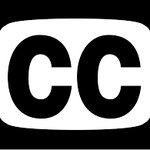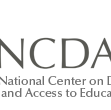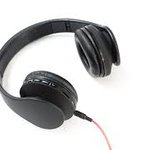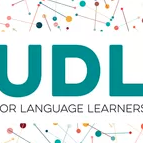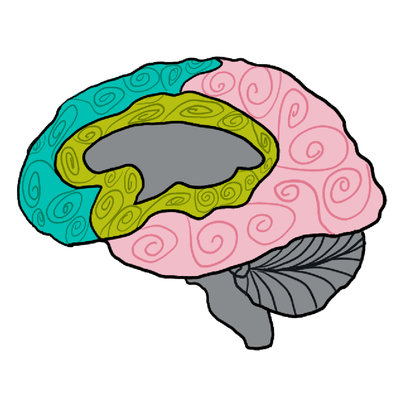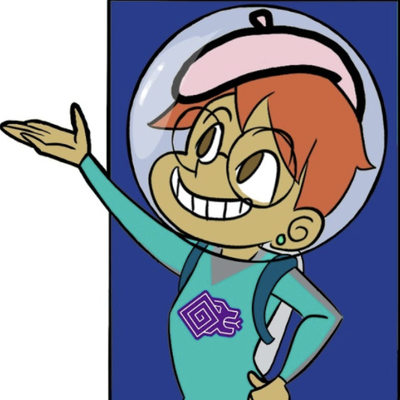Universal Design for Learning
Making learning more accessible and inclusive for everyone.
UDL is a framework for connecting with learners in as many ways as possible, because everyone learns differently. It sounds familiar because it is rooted in the Universal Design movement--the concept and ethic of designing accessibility into a space or product from the very beginning rather than expecting to adapt it later for those who, for physiological or other reasons, might struggle to enter or use it. Universal Design is proactively inclusive.
Education researchers at the Center for Applied Special Technology (CAST) drew upon these principles, along with advances in educational technology, to develop Universal Design for Learning. Although UDL pedagogies often incorporate digital tools (such as close-captioned videos and speech-to-text apps), technology is not strictly essential to UDL; there are, of course, many ways to engage learners.
Is it just for professors--or should students learn about it too?
Everyone can benefit from using UDL strategies, because we are all learners. Check out the Hack Your Homework page for UDL-inspired tips, such as making your PDFs word-searchable to help you engage and absorb reading assignments.
We have also incorporated UDL practices into our LRC Coach Training program.


